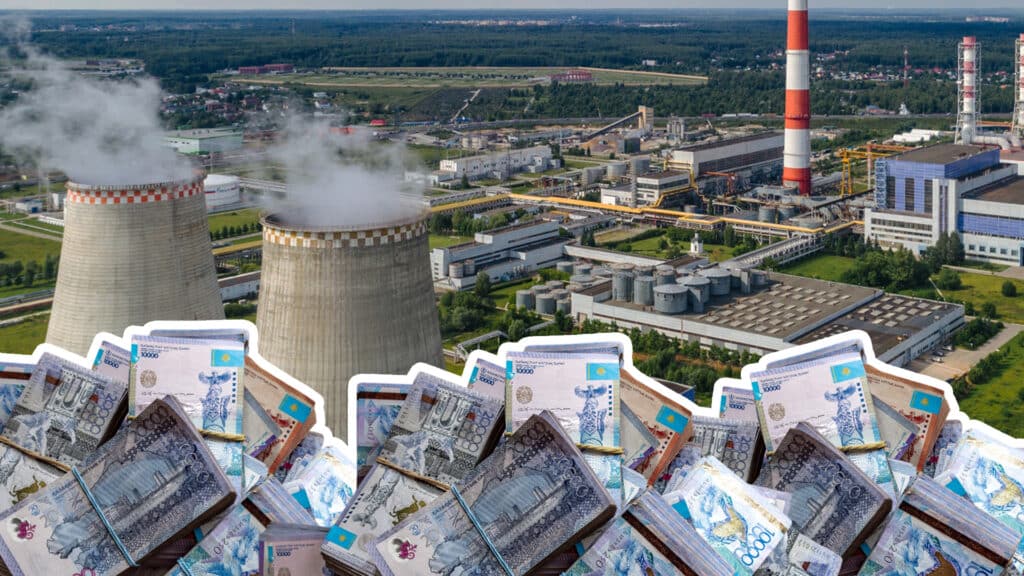Kazakhstan to allocate billions of dollars to renovate its power infrastructure

The government is weighing acquiring shares in the capital of private power monopolies, according to Asan Darbayev, chair of Kazakhstan’s Committee on Regulation of Natural Monopolies and Protection of Competition and Consumer Rights.
«There are seven mechanisms available to finance the move. The main one is direct financing, which implies using the funds raised from domestic and international financial organizations. Other tools include syndicated financing and co-funding, bond issuance, publicly funded loans, bonds issued by private businesses and, if necessary, acquiring stakes in private monopolies,» Darbayev said during a briefing on the national project on the utility and power sectors modernization.
The official also noted that leasing remains an option. Darbayev emphasized that the renovation efforts will prioritize 87 facilities belonging to natural monopolies with high levels of wear and tear, as well as 52 objects with moderate wear.
He added that each enterprise will be supported through a financing model that best suits its needs. According to Darbayev, the primary benefits of preferential lending include significant investments in the real economy sector, which serve as a stimulus for economic development. This, in turn, will enable major renovation projects, reduce reliance on imports and boost the country’s productive capacity.
«Carrying out renovation now is a chance to save some money as the costs of materials and equipment are expected to rise in the future,» he said.
Additionally, Darbayev emphasized that long-term loans essentially mean money becomes cheaper over time. According to him, long-term financing can be considered cheap money.
«Regarding the financing model, it will include market-based budget debt financing as well as loans from international financial organizations. Each loan will be issued in the national currency. Primarily, we are going to use market-based loans with interest rates ranging from 15% to 20%. However, nearly half of these loans will be subsidized,» he added.
Loan terms will range from 10 to 20 years and will include mandatory payment holidays. In certain cases, preferential budget-based loans may be offered. According to Darbayev, the available financing will help reduce the burden on enterprises and lower the cost of utility services.
A portion of the $22.7 billion needed for the renovation of heat and power plants, power stations and the power grid in Kazakhstan will come from the National Fund and the Unified Accumulative Pension Fund (UAPF). This stems from a draft regulation signed by Prime Minister Olzhas Bektenov regarding the national project on modernization of power and utilities sectors. In order to create a favorable and predictable environment for natural monopolies, tariffs will be set for a period of five years or more, ensuring returns on investments within a defined timeframe.
The cost of the project amounts to nearly $23 billion, with the state-owned Baiterek Holding appointed as a financial operator. It will provide funds through its subsidiary, the Development Bank of Kazakhstan. All loans will be denominated in tenge, although, in some cases, debt may be denominated in other currencies. It is not clear under what conditions this may happen. The maximum loan term is 20 years.
The interest rate on loans will be market-based, with the option of adopting a floating interest rate. The loan will include a grace period of at least 24 months, during which the borrower will only pay the interest. Afterward, the natural monopoly will begin repaying the principal debt. The loan from the state budget will be transferred to the borrower’s account in a single installment.

